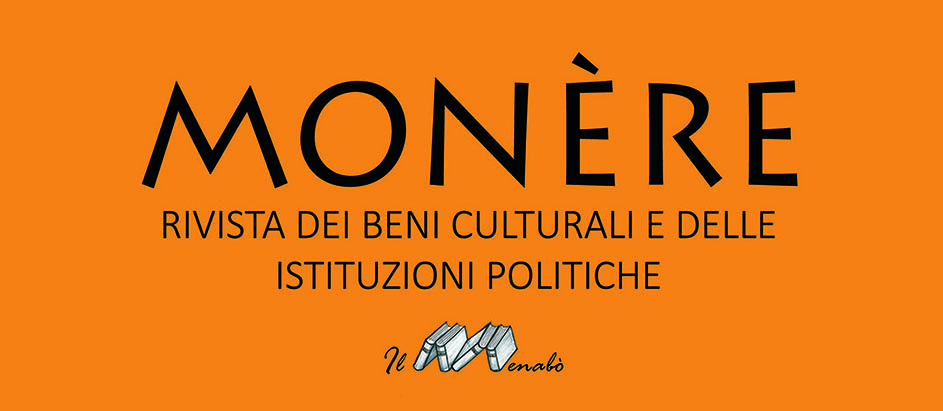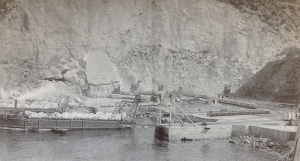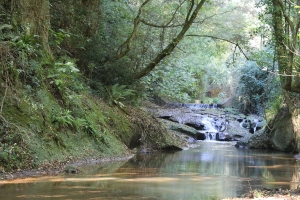From the early 20th century, and for fifty years over, the Massa Lubrense coast – at the far end of the Sorrento peninsula – hosted many limestone quarries that have quickly taken the place of the traditional extractive activities. Pushed by the growing demand for raw materials, necessary for the great public works envisaged by the law regarding the Economical Development of Naples (1904), and those financed by the Neapolitan High Commission (1925-‘36), the quarry industries have irreparably modified the morphology of large portions of the coast between the bays of Puolo and Recommone. Therefore, it is not a coincidence that the first oppositions into the destruction of this extraordinary natural context will arise from Capri, where in July 1922 was organized the first Landscape Conference by the island mayor, Edwin Cerio. The conference, a local and national extraordinary event at the same time, allowed to reflect on the recent Italian law regarding the Protection of Natural Beauty, laying the foundations for the development of a true 'national landscape conscience'. Thanks above all to Cerio and to the Massa Lubrense mayor, Salvatore Cerulli, in the following years will be at last listened the condemnations by Norman Douglas, Gino Doria and, later, Roberto Pane, contributing so to the progressive closure of the lubrense quarries by the mid-century.
Giuseppe Pignatelli
Starting from the recent intention of the Italian Prime Minister to include the environmental protection in the Italian Constitution, the article speaks about the lack of environmental protection in the Italian Constitution and analyzes the articles 2, 9 and 32 that – with an extensive interpretation – have guaranteed and guarantee an indirect constitutional protection to the environmental theme. An overview is given of the environmental safeguards present in more recent constitutions than the Italian one and in reformed constitutions of different geographical areas (South America, Africa, India, main European Countries), more in the European Treaties. At the end the text presents an author’s proposal to reform the Italian Constitution to insert the environmental protection both in the Fundamental Principles (art. 9) and in the First Part concerning Rights and Duties of citizens (art. 32 and 54).
Mario Anzevino


